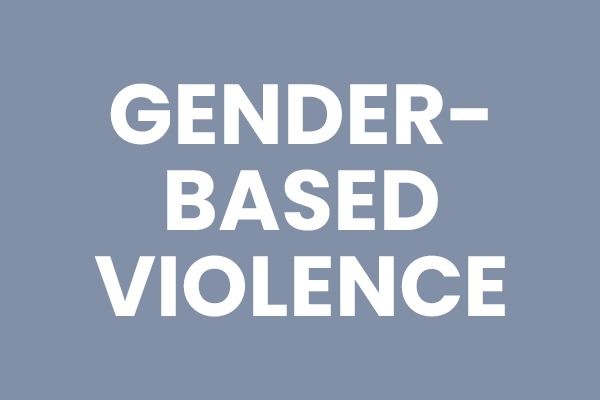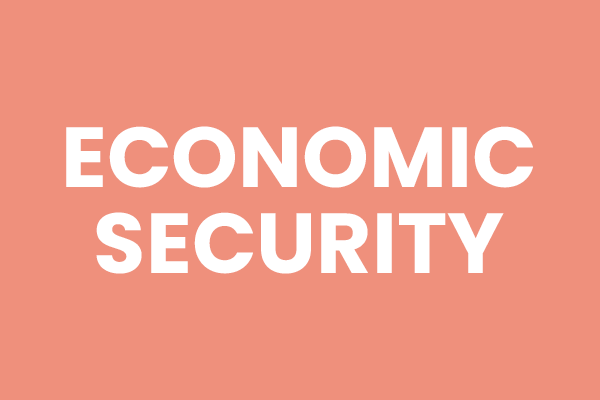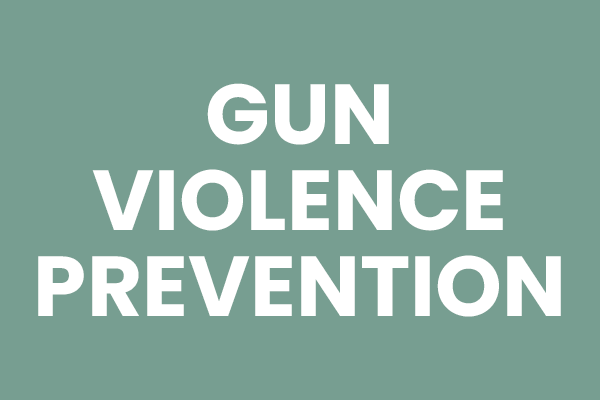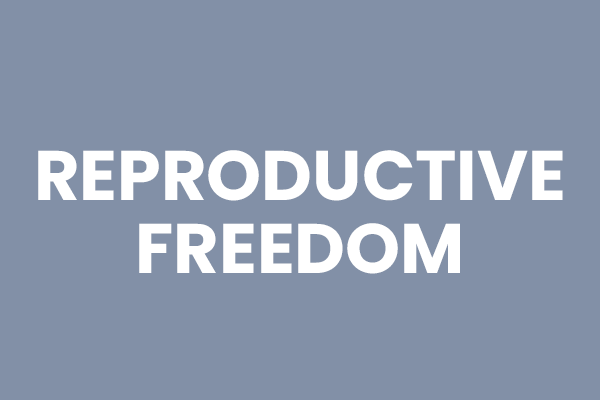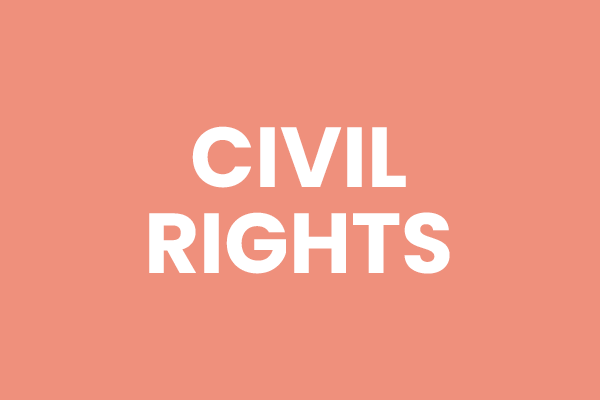Economic injustice – including pay inequity, workplace discrimination, and deficient paid family and medical leave – leaves women underpaid, undervalued, and unsafe.
On average, women earn 80 cents to a man’s dollar, with Black women earning 61 cents, Native American women earning 58 cents, and Latina women earning 53 cents for every dollar a white man makes. The Equal Pay Act of 1963 requires companies to give their male and female employees the same pay for the same work, but more than 50 years later, the gender wage gap persists. 42% of employed women say they have experienced some form of gender discrimination at work.
Due to employment discrimination, caregiving responsibilities, workplace harassment, and a history of exclusion and bias, women are over-represented in low-wage jobs. The $7.25 federal minimum wage has not increased in a decade, trapping a disproportionate number of women of color in cycles of poverty. The COVID-19 crisis has reinforced how work that women primarily perform – child care, nursing, teaching – is undervalued despite our immense reliance on it. Ultimately, pay discrimination and wage stagnation harm women and their families.
Furthermore, the U.S. is the only industrialized country lacking universal paid family leave, which disproportionately holds women back in the workplace. More than 60% of working Americans currently lack paid personal medical leave, and 83% lack paid family leave. Access to paid family and medical leave has the power to improve gender equality in parenting – through access to both paternity and maternity leave – and in employment opportunity, as more women will have the benefits and protections they need to remain in the workforce.
Altogether, these workplace injustices stunt women’s equality, financial stability, and career advancement. Breaking harmful patterns of pay discrimination, strengthening workplace protections for women, and guaranteeing paid family leave are essential to achieving economic justice.


